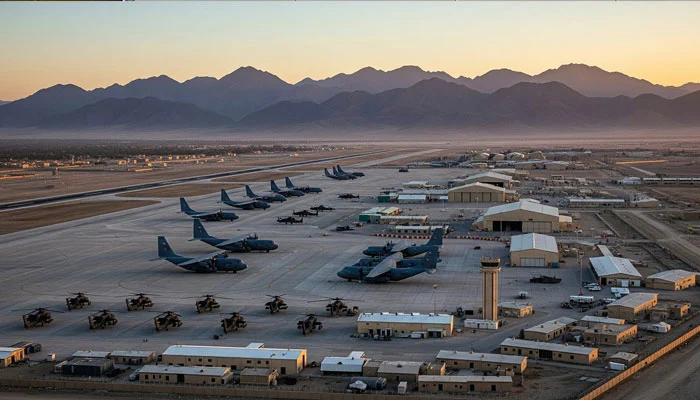India’s External Affairs ministry today announced that Indian Prime Minister Narendra Modi will be visiting Bangkok for the sixth BIMSTEC Summit. However, no mention of a bilateral meeting with Prof Yunus, the chief adviser of Bangladesh, was made.
The only bilateral meeting Modi will have during his stay, according to a readout issued by the ministry, is with the Thai Prime Minister Paetongtarn Shinawatra on April 3, a day before the Summit.
From Thailand, Modi will travel to Colombo on a state visit from April 4 to 6 at the invitation of Sri Lankan President Anura Kumara Disanayaka.
Bangladesh had written to India requesting a bilateral meeting between Yunus and Modi at the BIMSTEC summit. Indian External Affairs Minister S Jaishankar said that Dhaka’s request was “under consideration”.
Also See: China’s Executive Vice Premier Ding Xuexiang Meets Yunus
Yunus, who took on the role of chief adviser in August last year, is yet to meet Modi bilaterally.
Formed in 1997, the Bay of Bengal Initiative for Multi-Sectoral, Technical and Economic Cooperation (BIMSTEC) comprises Bangladesh, India, Myanmar, Sri Lanka, Thailand, Nepal and Bhutan.
This would be the first in-person meeting of the BIMSTEC leaders since 2018. The last BIMSTEC Summit was held at Colombo in March 2022 in a virtual format.
The BIMSTEC leaders are also expected to discuss various institution and capacity-building measures to enhance collaboration within the seven-nation regional grouping’s framework.
This news is sourced from The Daily Star and is intended for informational purposes only.

![Indian PM Modi to attend BIMSTEC Summit in Bangkok; no bilateral meeting with Bangladesh’s Yunus confirmed yet. [Image via The Daily Star]](https://southasiatimes.org/wp-content/uploads/2025/03/yunus-modi_0.webp)




